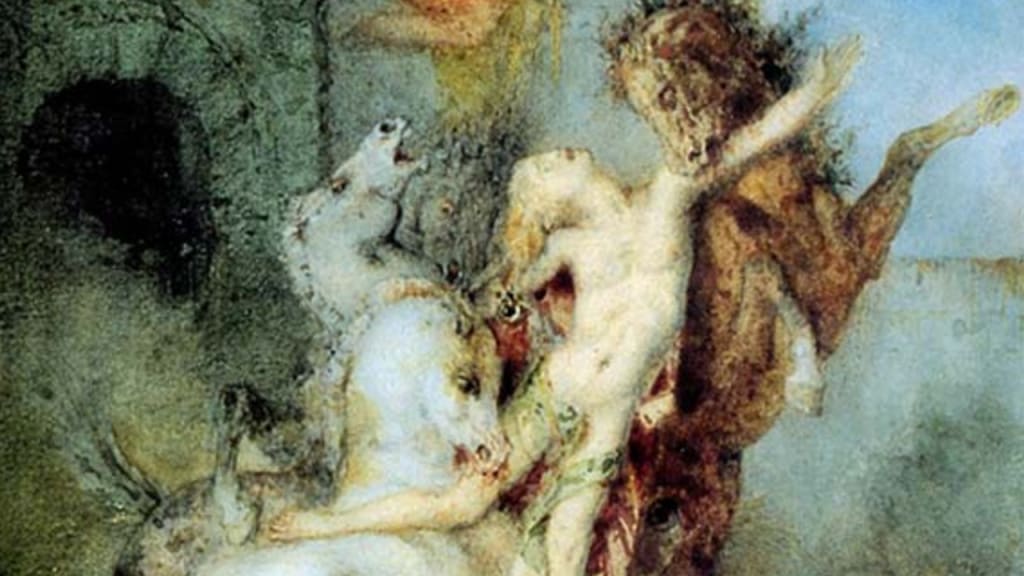
The ancient greek world was full of dark wonderous beasts- their birth and destruction rooted in human sin. The Mares of Diomedes lived in a kingdom on the shore of the Black Sea, where a corrupt king rules his people with fear. King Diomedes is the half-mortal son of Ares, the Greek God of war. Perhaps he was born with violence already boiling in his veins. Perhaps this is why he devised a plan to feed his fillies with human-flesh so that when they become mares, they will feast upon his enemies and be the greatest weapon in all of Greece.
King Diomedes' plan worked, and he ruled his kingdom with four flesh-eating mares. Podargos (Swift), Xanthos (Yellow), Lampon (shinning), and Deinos (terrible). However, this diet had a strong side effect on the horses, it drove them into complete madness! Their temper was so strong that flames would flick from their nostrils. The mares eventually had to be chained to a bronze manger in the center of the village, effectively terrifying the villagers passing by, reminding them to abide by their king's laws as not to become the hostile horses' next meal.
On the other side of the sea, a heartbroken demigod faces his judgment. For, in a god-sent curse of delusional madness, Hercules killed his beloved wife and children. Upon visiting Apollo's temple, an oracle passes on a message to him from the sun-god; that in order to be forgiven, Hercules should serve King Tiryns for twelve years. Hera (the Goddess who set the madness onto Hercules) laughs from Mount Olympus as the king sets 10 impossible tasks for Hercules to complete, knowing he will certainly fail.
Hercules completes one labor after the other, willing to do anything to numb the pain of his grief and guilt, all the while knowing that he will never forgive himself- that he never should. For his eighth labor, He is set to sail across the Black Sea and bring the Mares of Diomedes to King Tiryns. This seems like an easy task, for Hercules knows King Diomedes as a tyrant who is half-god, like himself, but does not know that his horses feast on human flesh. Confident that he can defeat anyone in combat, he quickly makes his way to Thrace with a small army of volunteers including his good friend, Abderus.
Upon their arrival, Hercules' fighters take on Diomedes' army and leave Hercules to find the horses and battle the king himself. When he locates the bronze manger the mares are chained to, he quickly pulls apart the chains with his hands. When Diomedes appears from the battling crowd, Abderus tells Hercules that he is capable of holding the horses steady while he fights the king. Unaware of their true power, Hercules leaves his friend with the Mares and charges towards Diomedes.
The hand-to-hand combat between the two demi-gods makes its way through the village. Both fighters slam their foe into boulders and break each other's immortal bones with strong fists. The fight finally ends with a final blow from Hercules which leaves King Diomedes unable to move. Chaos ensues around him! While the villagers of Thrace were terrified of the king, they are more afraid of the man that can defeat him. They retreat back into their homes leaving a striking silence over the land, silence that is only pierced by harrowing whinnies and high pitched cries.
Following those cries of insanity, Hercules comes upon the battered body of his friend, Abderus. around the corpse, the four mares prance and pull at the young boy's skin. Hercules uses all his strength to pull the crazed man-eating Mares away from his friend's body and forces them into the stables, which holds just long enough for him to retrieve the half-alive and paralyzed King Diomedes. Unable to fight, King Diomedes stares at his fallen village one last time before being thrown into the stables with the monsters of his own creation. Hercules watches as the mares tare their king apart limb by limb. The cries of the king echo through the scared village, shocking the people when they realize a demi-god has the same screams of terror and pain as their own.
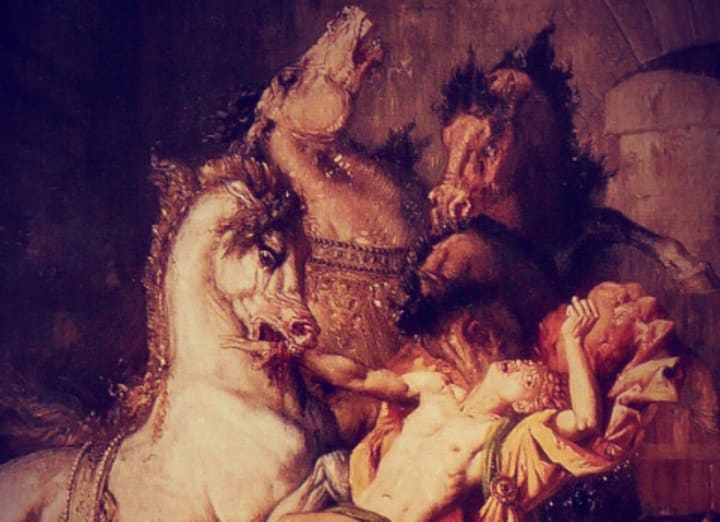
Turning away from the carnage, Hercules buries his friend right where he bravely and selflessly lost his life. He then declares that the town should be named after Abderus, and his small army of volunteers stays to rebuild it to make it worthy of its new name. Knowing that his labor is not complete until the Mares are given to King Tiryns, Hercules hesitantly enters the eerily quiet stables.
Around the skeleton of King Diomedes, his mares stand calm and peacefully. No flames escape their nostrils, only dripping blood of the king falls from their snout. Approaching the horses, Hercules notices a fleck of wildness remain in their eyes, but they do not bare their teeth to him or kick him with their mighty hooves. The body of the king that forced this madness onto them has satiated the Mares, their desperate desire for killing completely calmed.
As Hercules walks the Mares to the black sea, where he stops and cleans the blood off of them before boarding them onto his ship, he wonders at their transition. These blood-thirsty beasts found peace once the source of their evil was destroyed. Surely, if he can find a way to calm four man-eating-mares, he can find a way to calm the beast within him. One just as destructive. Four horses named guilt, pain, grief, and loneliness that twists and turns and gnaws at his gut. If he could find their cause and conquer it, perhaps he would know peace again.
King Tiryns is amazed when Hercules walks into his castle, four mighty and beautiful mares behind him. The king wants the generals of his army to ride into battle on these strong and stunning creatures. Yet, he finds them impossible to train and offers them to Zeus as a sacrifice. No one is able to kill the four mares, so Zeus sends down bears and wild cats to hunt them down. Even this fails, and eventually, the peaceful and wild horses are left to graze on the beautiful lush green hills. Their ancestors still roam the land to this day, a serene fire in their chest.
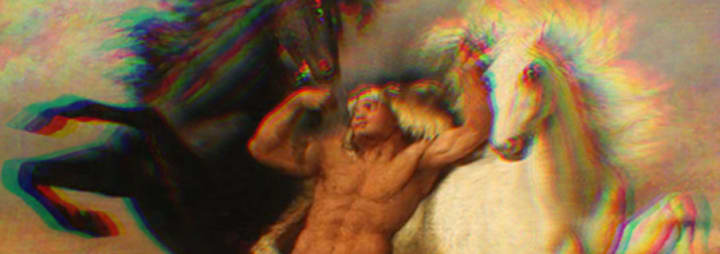
There have been so many versions of this mythical tale. In every version two things are the same; King Diomedes violence creates the flesh-eating horses, and Hercules permanently sedates them through feeding their master to them. These crucial elements of the tale show its clear intent- an allegory for conquering one's most terrifying inner demons. In one version, Hercules has a dream after conquering the Mares. In Greek mythology, dreams are very important. Visions sent by Morpheus (the god of sleep) were meant to heed warnings or even give messages from the beyond. Some were even lucky enough to be visited by loved ones past.
On the night he tamed the Mares, Hercules was visited by the father of his fallen friend, Abderus. For he had an important message for the hero;
"My son was too young to handle those mares, for these man-eating beasts have power beyond imagining. Like violent thoughts that penetrate the barrier of reality and become a living nightmare, those beasts had to be fed with their master's flesh to calm down. When hunting your wayward thoughts and impulses, Hercules, remember: you have to face the disarranged mind that produces them."
- Hermes, god of travel and father of Abderus.
The wildest and most dangerous beast resides within us all. If we let our anger, bitterness, and violence get out of control it will severely hurt those around us. It's far too easy to lose control of this beast, and so difficult to conquer it once released. However, with the herculean strength-of-heart we all truly possess, it is possible once desired.
About the Creator
Kasey Rae
Kasey Rae is a New York City filmmaker, writer, and multi-media artist. She focuses on film, mythology, literature, and more.
Art: @femme_galaxy.ink on instagram


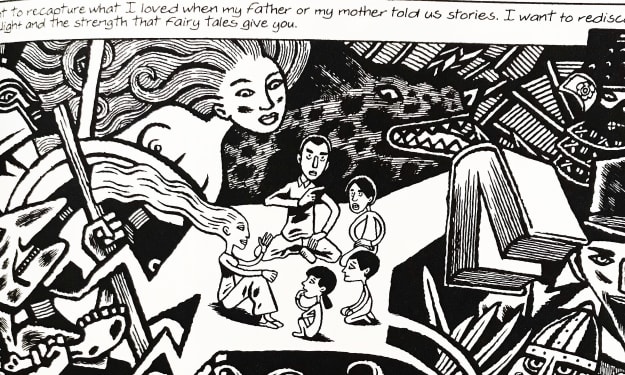

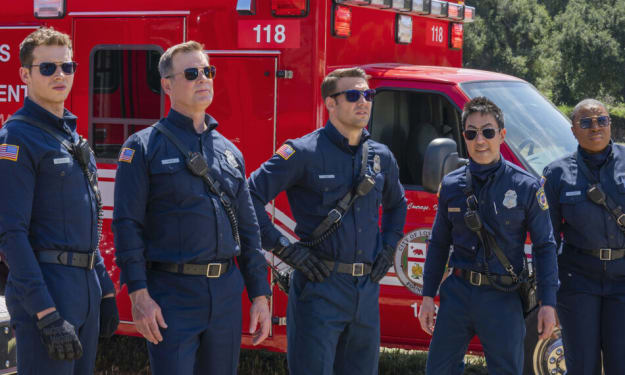

Comments
There are no comments for this story
Be the first to respond and start the conversation.